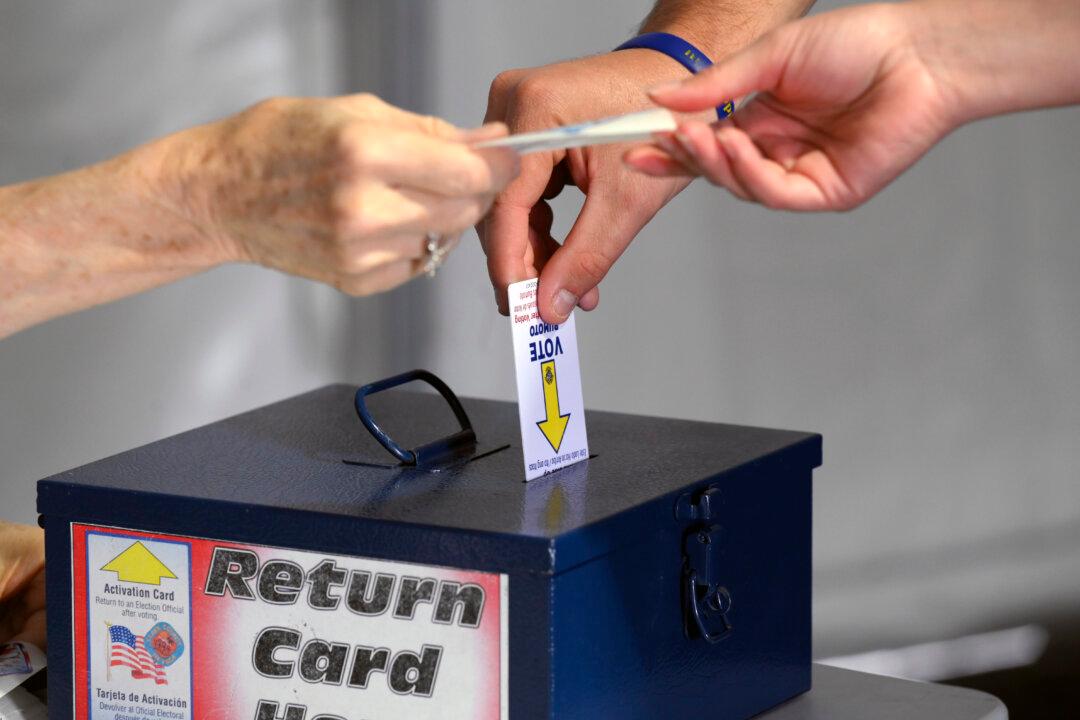The Republican National Committee (RNC) and the Nevada GOP have sued the Nevada Secretary of State, accusing the state’s top elections official of undermining voter confidence by failing to follow federal law on the proper maintenance of voter rolls.
The RNC filed its complaint on March 19 at the U.S. District Court for the District of Nevada, accusing Nevada Secretary of State Francisco Aguilar of failing to keep voter rolls accurate, in violation of the National Voter Registration Act (NVRA).





